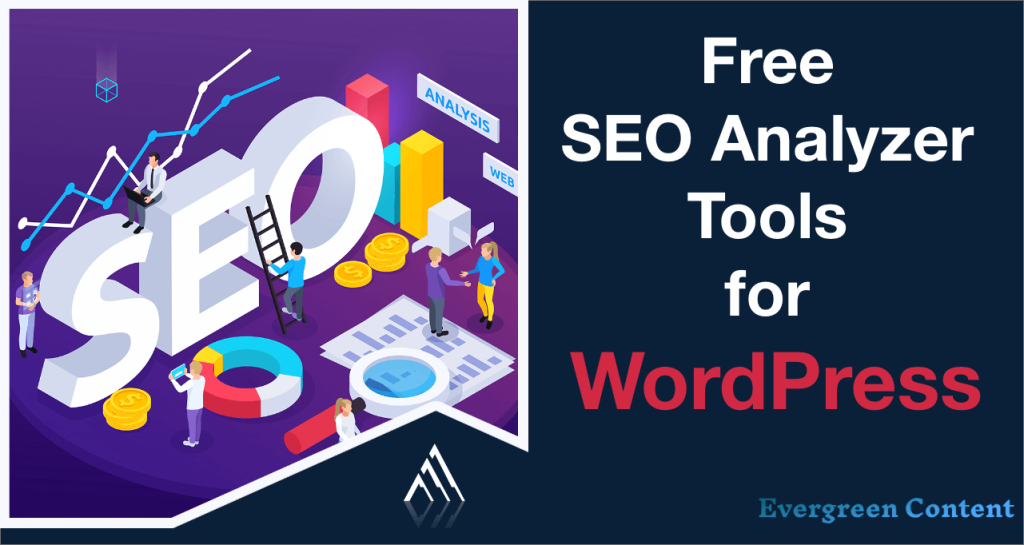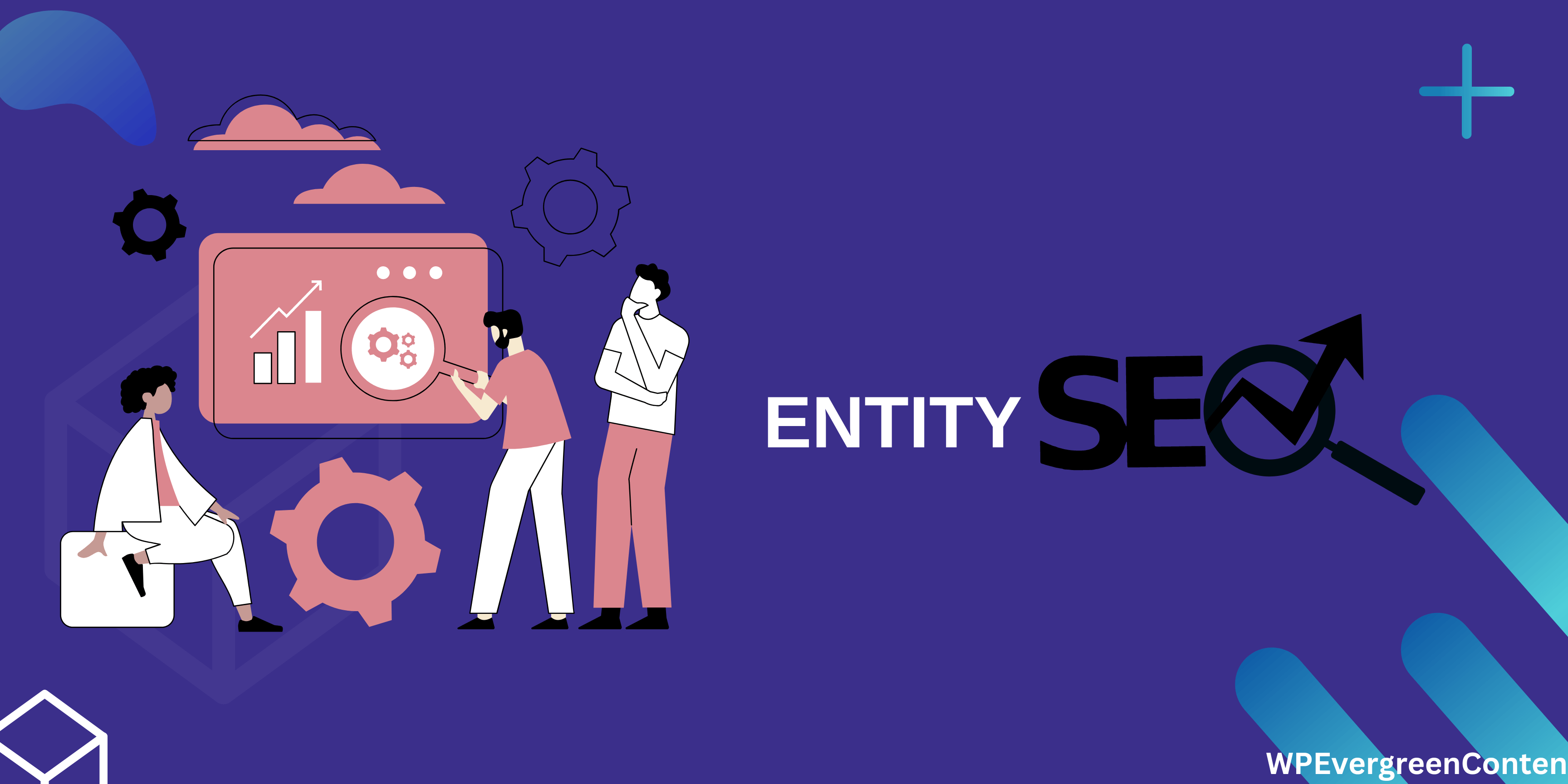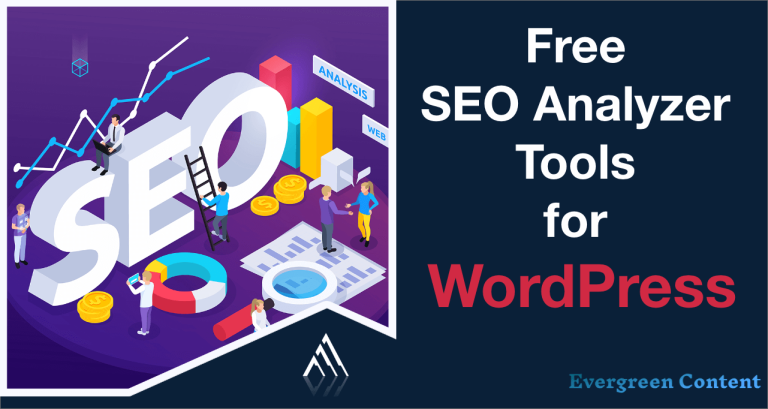Entity SEO: A Beginner’s Guide to Boosting Your Search Rankings
If you want to improve your website’s search rankings, then you should start focusing on Entity SEO. This involves optimizing your content for entities, which are people, places, things, and concepts that search engines recognize.
Search Engine Optimization (SEO) is no longer just about keywords and backlinks. The rise of semantic search has led to a new focus on entities, which are real-world people, places, and things that search engines use to understand the content on a website. As a result, Entity SEO has become a crucial aspect of any successful digital marketing strategy.
Entity SEO might seem intimidating to beginners, but it’s not too complicated. By implementing some simple strategies, you can improve your search rankings.
In this guide, I’ll cover the basics of entities, how to optimize your content for entities, the role of entities in local SEO, and the importance of semantic search. I’ll also provide best practices and tools to help you get started.
Whether you’re new to Entity SEO or an experienced SEO looking to test this technique, this guide will give you the information you need. Let’s dive in and start optimizing your website for entities!
Understanding Entities (Entity SEO)
Entities are essentially the people, places, things, and concepts that search engines recognize and use to provide more relevant search results.
Unlike keywords, which are specific words or phrases that users might search for, entities are broader concepts that encompass multiple related keywords.
Definition of Entities
Entities can be defined as distinct and separate objects or concepts that have a unique identity and can be recognized and referenced. In the context of SEO, entities are often described as the building blocks of knowledge graphs, which are visual representations of the relationships between different entities.
For example, if you search for “Barack Obama” on Google, the search engine will recognize that Barack Obama is a ‘person entity’ and will provide a knowledge graph with information about his biography, family, and political career.
Types of Entities
There are different types of entities that can be optimized for SEO, including:
- People entities: These are individuals, such as celebrities, politicians, and athletes
- Place entities: These are geographical locations, such as cities, countries, and landmarks
- Organization entities: These are companies, government agencies, and other institutions
- Event entities: These are specific occurrences, such as conferences, festivals, and sports matches
- Concept entities: These are abstract ideas or topics, such as democracy, climate change, and social media
For example, if you have a website that provides information about travel destinations, you might optimize your content for place entities like “Paris,” “New York City,” or “Grand Canyon.”
Relationship between entities
Entities are often related to each other in various ways, and these relationships are important for SEO. For example, if your website provides information about movies, you might have entity relationships between actors, directors, and film studios.
Search engines use these relationships to better understand the context and relevance of content. By optimizing your content for entity relationships, you can improve your chances of ranking for related searches.
How search engines view entities
Search engines use advanced algorithms to understand and analyze entities. They consider various factors, such as the context, the type of entity, and the relationships between entities.
For example, if you have a website that provides information about different types of fruits, search engines might analyze the different attributes of fruits such as color, texture, taste, and nutritional value to create an entity-based representation of each fruit.
Entity Optimization

Conduct Keyword Research for Entities
To optimize your content for entities, you need to conduct keyword research to identify the most relevant and popular entities in your niche. Use keyword research tools and analyze your target audience’s search queries to identify entity-related keywords and phrases.
For instance, if you’re running a food blog, conduct keyword research to identify popular entity-related keywords like “pizza,” “burger,” “sushi,” and others. Use these entities as the focus of your content and optimize it for related keywords.
Optimize Your Content with Entity-rich Information
Creating entity-rich content involves optimizing your content with relevant and contextually appropriate entities. To do this, use entity-related keywords and provide contextually relevant information in a natural language format.
For example, if you’re creating content about a movie, including the director, actors, and production studio as the entities related to it. You can also include other related entities, such as other movies with similar themes or genres.
Use Structured Data Markup for Entities
Structured data markup is an effective way of providing additional information about your website’s content to search engines. Use structured data to provide entity data, such as names, descriptions, and relationships, to help search engines understand your content.
For instance, you can use schema markup to provide structured data about your website’s recipes, including information about the ingredients, cooking time, and nutritional information. This can improve the visibility of your website’s recipes in search results, particularly for entity-related queries.
Build Backlinks to Your Entity-rich Content
Backlinks can help establish the authority and relevance of your website’s entities by signaling to search engines that your content is valuable and trustworthy. Acquire authoritative backlinks from other websites to improve the authority of your website’s entities.
For example, if you’re running a car blog, acquire backlinks from authoritative automotive websites or publications. These backlinks can help to establish the authority of your website’s entities, such as specific car models or manufacturers, and improve their visibility in search results.
Entity Optimization for Local SEO
I recommend focusing on optimizing your online presence for local search queries by paying attention to your Google My Business (GMB) profile. Ensure that your entity information is accurate and up-to-date, including your business name, address, phone number, and website. This information should also be consistent across all online platforms, including your website and social media accounts.
You should also include relevant local entities in your GMB profile, such as your proximity to popular landmarks or events in the area. This can help improve the visibility of your GMB profile in local search results and increase your chances of being found by potential customers in your area.
To acquire local backlinks, you should reach out to other local businesses and organizations within your community. Building relationships with other businesses can help establish your authority and relevance within the local community, increasing your visibility in local search results.
Remember to incorporate local entities into your content as well. This involves optimizing your content with relevant and contextually appropriate entities, using entity-related keywords, and providing contextually relevant information in a natural language format. By doing so, you can increase your relevance and credibility within the local community, driving more traffic to your website and increasing conversions.
Additionally, use structured data markup to provide additional information about your website’s content to search engines. Use structured data to provide entity data, such as names, descriptions, and relationships, to help search engines understand your content better.
Semantic Search and Entity SEO Optimization
Semantic search is a search technique that aims to understand the intent behind a user’s search query and provide more relevant search results. Unlike traditional keyword-based search, semantic search relies on natural language processing algorithms to understand the context and meaning of a search query.
Entities play a crucial role in the semantic search by providing the context and meaning behind a search query. An entity is anything that has a distinct, separate existence, whether it’s a person, place, thing, or concept. By incorporating entities into your content and optimizing for entity-related keywords, you can improve the visibility of your content in semantic search results.
To optimize for semantic search, you should focus on creating entity-rich content that includes relevant local entities and provides contextually appropriate information in a natural language format. This involves using entity-related keywords and providing additional information about your content through structured data markup.
Structured data markup is a form of metadata that provides additional information about a web page’s content to search engines. By using structured data markup to provide entity data, such as names, descriptions, and relationships, you can help search engines better understand the context and meaning of your content.
One way to use structured data markup to provide entity data is by using schema.org markup. Schema.org is a collaborative project between Google, Bing, Yahoo!, and Yandex that aims to provide a standard set of schemas for structured data markup.
By using schema.org markup, you can provide additional information about your website’s content to search engines, including information about your products, recipes, events, and more. This can help search engines better understand the context and meaning of your content, which can improve your website’s visibility and relevance in semantic search results.
Entity SEO Tools

Tools for Entity Keyword Research
When conducting entity keyword research, you want to identify the most relevant entities for your content.
- The Google Knowledge Graph Search API
- Google Trends
- and Answer The Public
are useful tools for this task. They provide insights into the popularity and relevance of entities, as well as their associations and attributes.
Tools for Analyzing Entity Relationships
The Entity Explorer from SEOlyze, Schema App, and SEMrush’s Keyword Magic Tool are excellent resources for analyzing entity relationships.
These tools allow you to identify the entities that are most important to your content and their relationships with other entities. You can use this information to optimize your content for relevant entity associations and attributes.
Tools for Tracking Entity Performance
To track the performance of your Entity SEO efforts, you can use Google Analytics, Google Search Console, and tools like Ahrefs and SEMrush. These tools enable you to monitor how search engines are recognizing and ranking your entities in search results.
Entity SEO Best Practices

Using Authoritative Sources to Define Entities
It is essential to use authoritative sources, such as Wikipedia, Wikidata, and Freebase, to define entities on your website. By doing so, you can ensure that your entities are accurately identified and understood by search engines.
Consistent Use of Entity Names and Descriptions
Consistency is key when it comes to Entity SEO. Use the same entity names and descriptions throughout your website and other online profiles. This consistency will help search engines recognize your entities and their associations.
Regularly Updating Entity Information
Entities are constantly changing, so it’s crucial to update their information regularly. Keep track of changes to entities that are relevant to your content and update your website accordingly. By doing so, you can ensure that your content remains relevant and up-to-date.
Avoiding Entity Duplication
Duplicate entities can cause confusion for search engines and hurt your SEO efforts. Make sure that you are not creating multiple entities for the same real-world object, and be consistent in how you name and describe your entities.
Entity SEO vs Semantic SEO
| Entity SEO | Semantic SEO |
|---|---|
| Focuses on entity recognition | Focuses on entity understanding |
| Uses structured data | Uses natural language processing |
| Aims to improve search results | Aims to improve user experience |
| Example: Using schema markup to tag an article with specific entities like people, places, and organizations. | Example: Creating high-quality content that answers a user’s intent, using long-tail keywords, and optimizing content structure. |
Entity SEO involves using structured data to tag specific entities in web content, such as people, places, or organizations. This helps search engines to better understand the content and improve search results.
Semantic SEO, on the other hand, focuses on understanding the meaning behind a user’s search query and providing content that best matches their intent. This involves using natural language processing to analyze the context and meaning of words and phrases.
For example, Entity SEO could involve tagging an article with schema markup that identifies the main topics and entities discussed, while semantic SEO would involve creating high-quality content that addresses the user’s search intent and provides the most relevant answers to their questions.
FAQs on Entity SEO
What is Entity SEO?
Entity SEO refers to the optimization of entities, which are unique things or concepts that have a distinct identity, such as people, places, organizations, and ideas. It involves ensuring that search engines can easily understand the relationships between entities and their attributes, and how they relate to user queries.
Why is Entity SEO important?
Entity SEO is important because search engines are increasingly relying on entities to understand the context and intent of user queries. By optimizing entities, you can increase the visibility and relevance of your content in search results, and improve the chances of appearing in featured snippets and other rich results.
How do I identify entities on my website?
To identify entities on your website, you can use tools like Google’s Knowledge Graph Search API, Schema.org, or entity extraction software. Look for keywords that are closely associated with entities, such as names, titles, addresses, and descriptive phrases.
What are some best practices for Entity SEO?
Some best practices for Entity SEO include creating a comprehensive schema markup for your entities, optimizing entity-related content, building high-quality backlinks to entity pages, and ensuring consistent and accurate information across all online platforms and directories.
Can Entity SEO help with local SEO?
Yes, entity SEO can help with local SEO by optimizing local entities, such as businesses, landmarks, and events. By providing detailed and accurate information about these entities, you can improve your chances of appearing in local search results and on Google Maps.
How can I measure the effectiveness of entity SEO?
To measure the effectiveness of entity SEO, you can use tools like Google Search Console, Google Analytics, and third-party SEO software. Look for improvements in rankings, traffic, click-through rates, and engagement metrics, as well as increases in the number of featured snippets and other rich results.
Bonus: A list of different types of SEO with brief explanations
Technical SEO: This type of SEO focuses on optimizing the technical aspects of your website such as site speed, mobile responsiveness, and crawling and indexing by search engines.
On-Page SEO: This type of SEO involves optimizing the content and structure of your website’s pages to make them more search engine friendly. On-page SEO includes things like keyword research, meta tags optimization, header tags, internal linking, and content optimization.
Off-Page SEO: Off-page SEO focuses on building backlinks and promoting your website’s content to increase its authority and relevance. This type of SEO involves strategies such as guest blogging, influencer outreach, social media promotion, and link building.
Local SEO: Local SEO focuses on optimizing your website and online presence to increase visibility in local search results. This includes optimizing your Google My Business profile, local keyword targeting, and obtaining local backlinks.
Mobile SEO: With the increasing use of mobile devices, mobile SEO focuses on optimizing your website for mobile users, such as improving site speed, and mobile responsiveness, and providing a good user experience on mobile devices.
Voice SEO: As voice search continues to grow in popularity, voice SEO focuses on optimizing your website for voice search queries, including the use of long-tail keywords and natural language.
Conclusion on Entity SEO
Entity SEO is becoming increasingly important for digital marketers. By understanding and optimizing for entities, you can improve the relevance and accuracy of your content in search results. Using the right tools for entity keyword research, relationship analysis, and performance tracking can help you stay ahead of the curve.
It’s also important to follow best practices such as using authoritative sources, being consistent in your entity naming and descriptions, regularly updating entity information, and avoiding entity duplication.
Looking to the future, Entity SEO will continue to play an essential role in search engine algorithms. As search engines become increasingly sophisticated, they will continue to rely on entities to understand the world and deliver more relevant search results.
It’s crucial to stay up-to-date on the latest developments and best practices in Entity SEO to stay ahead of the competition.
What do you think? Let us know in the comment section.





